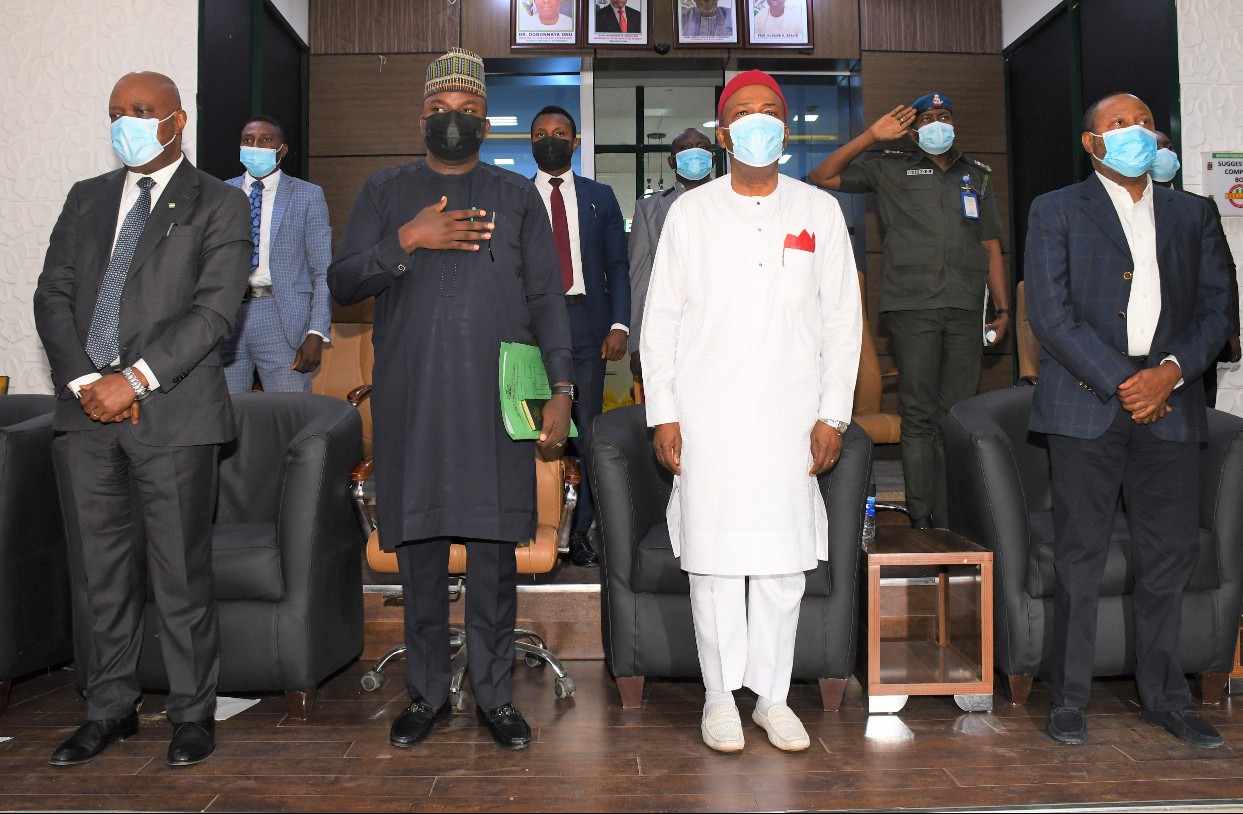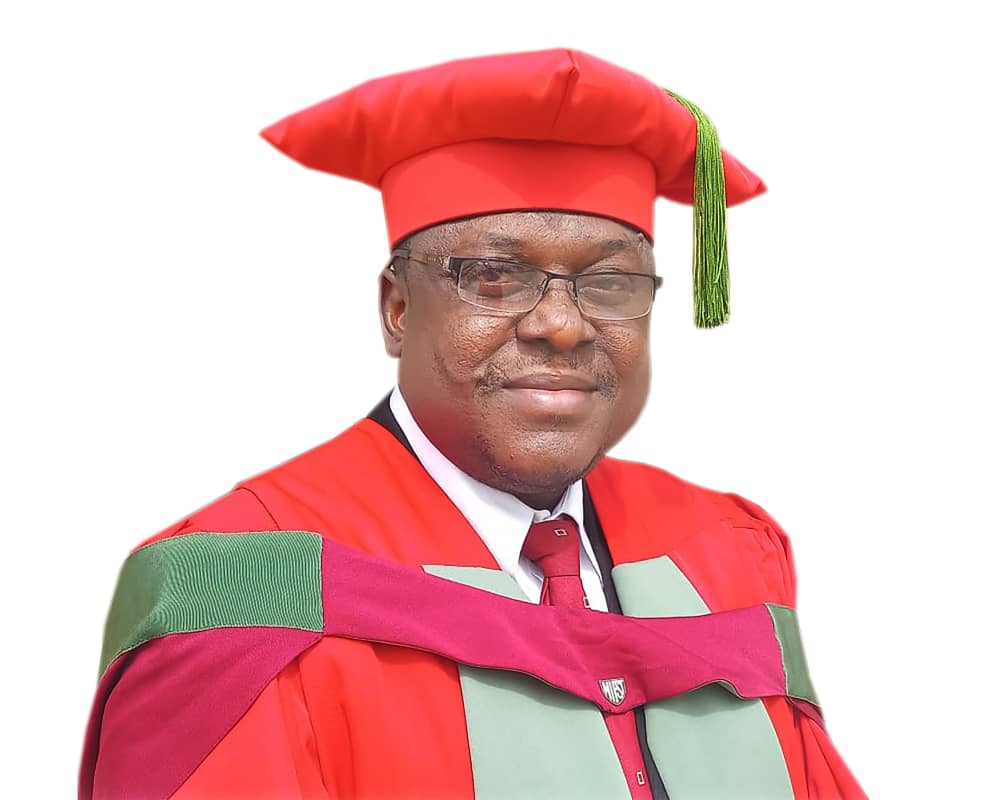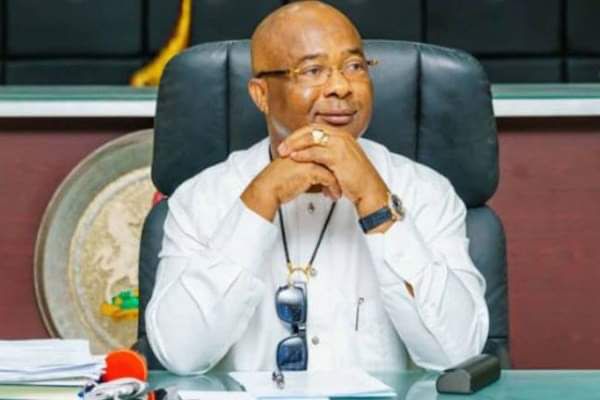The Minister of Science, technology and Innovation, Dr. Ogbonnaya Onu has indicated that his ministry is exploring more strategies to deepen the diversification of the nation’s economy which he said has already been diversified due to policies of the Federal Government
Onu gave the indication at the validation workshop on the draft revised 2022 National Science, Technology and Innovation (STI) policy in Abuja on Thursday.
The Minister said that the Federal Government has approved five additional policies to help move the nations economy from being commodity dependent to an innovation driven economy.

According to him, “Our professionals, contractors and manufacturers are given preference in procurement by the Federal Government. Gradually many Nigerians are now buying made in Nigeria products. Our economy is now diversified and we are all working hard to deepen the diversification. Nigeria is changing in a positive way. Good things are happening in Nigeria. “
On the STI policy review, the Minister said that it should be constantly updated to accommodate new technological changes for today and the future.
He said the STI policy gives direction to every area of national life which includes; Human capital development, agriculture, Industrial growth, Women and Youth empowerment, job creation, national security etc.
Onu explained further that the fourth Industrial revolution has given Nigeria an opportunity to catch-up with the world, further emphasizing that Nigeria must catch-up with the rest of the world, and even aim to overtake the world in the race for STI.
Earlier Prof. Willie Siyanbola, who delivered the policy review and overview, said that the drive of the policy is to develop and utilise STI to build a large, strong, diversified, sustainable and competitive economy that guarantees top quality of life to Nigerians.
The UNESCO representative for Nigeria, Dr. Enang Momah, said that the review of the policy was strongly reviewed alongside the Ministry.
She added that Nigeria needed to have a robust STI policy that will drive economic diversification and development.




